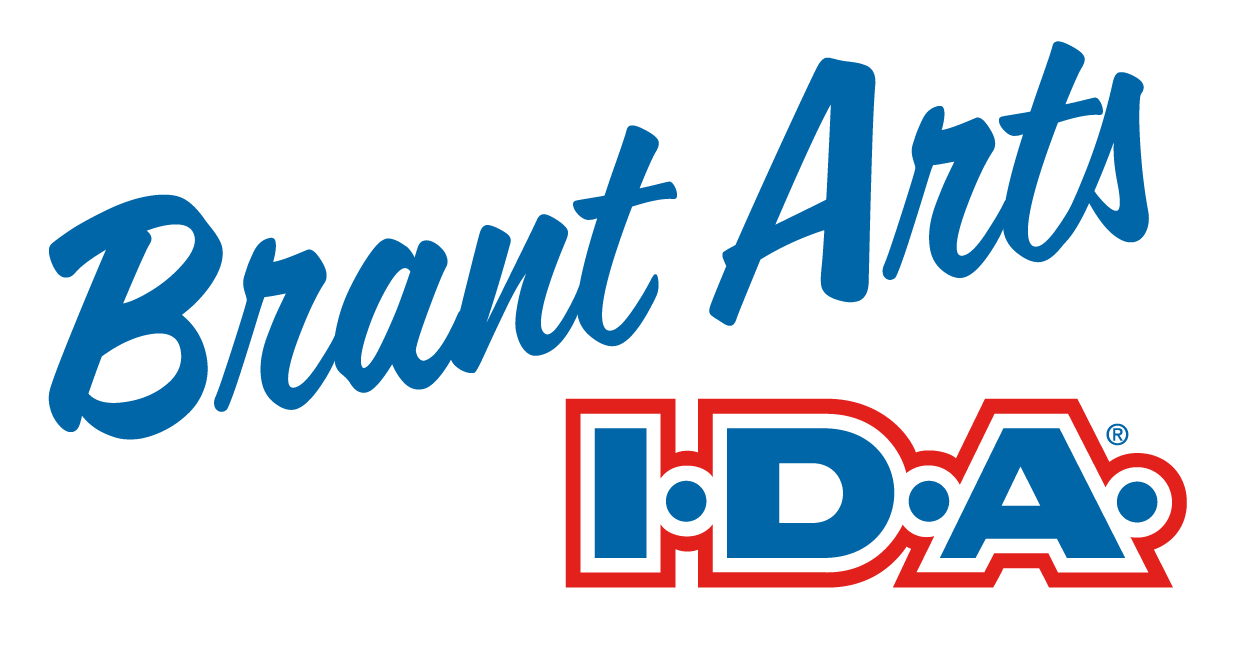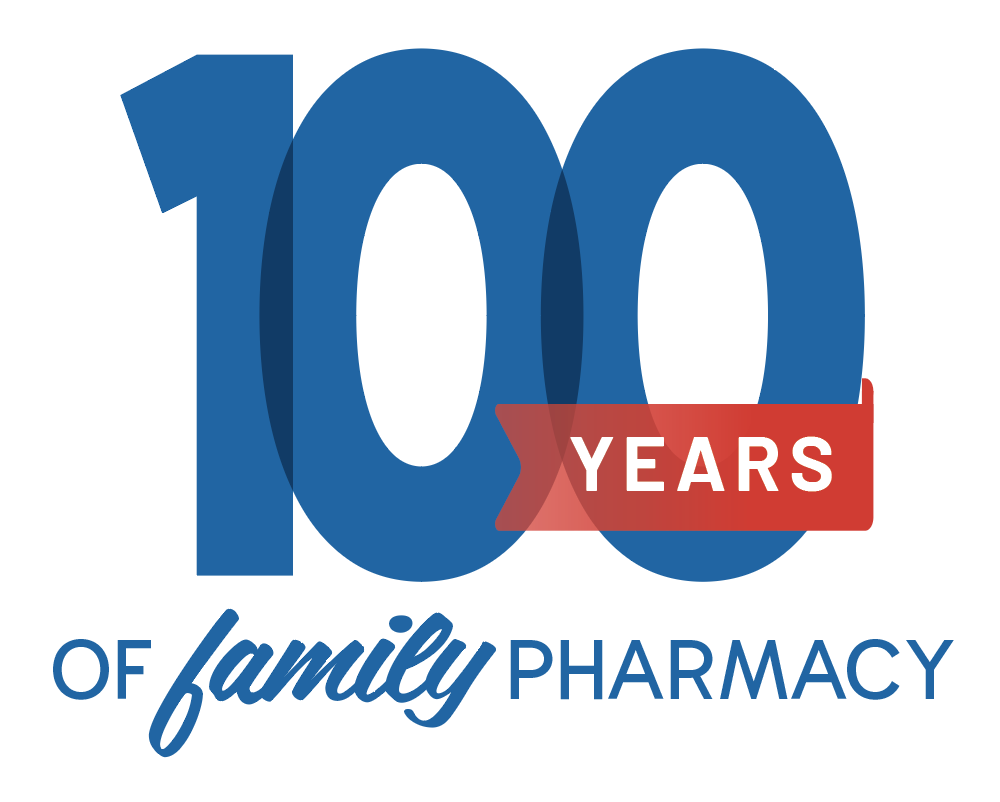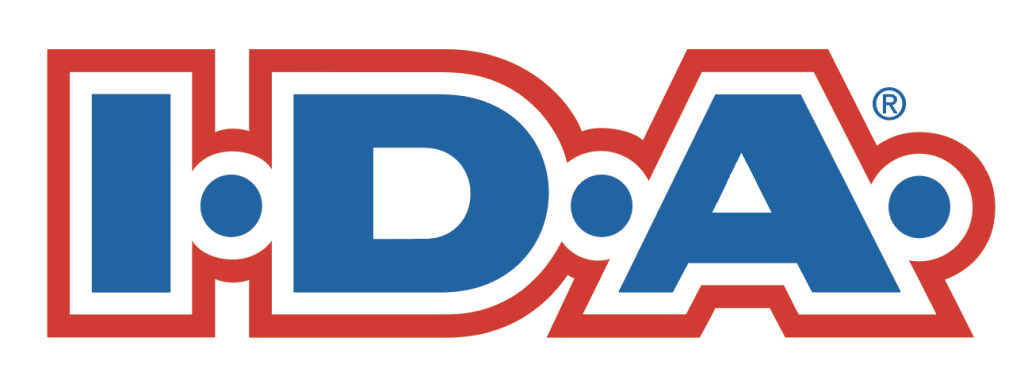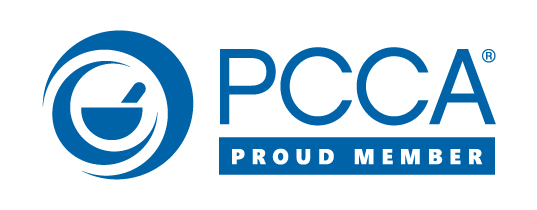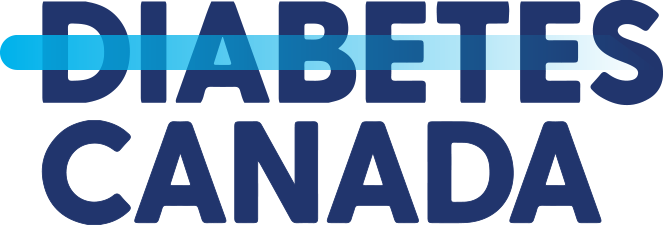Blog
A regular feature of almost every drug store and pharmacy that you walk into these days is a blood pressure machine. These machines are used over and over by a surprising number of visitors and for some they are an important tool for their health. But are drug store blood pressure machines accurate?
Blood pressure is the measure of the force of blood as it pushes against the walls of the arteries every time your heart beats. When the heart contracts it pumps blood through the veins. The resulting pressure that is exerted on the walls of the blood vessels is called systolic pressure. The vessel walls pressure between these heart beats is called diastolic pressure. A healthy blood pressure standard of 120/80 mm Hg is equal to 120 mm HG systolic pressure and 80 mm HG of diastolic pressure.
There has been research by individuals and publications that has investigated the accuracy of these blood pressure monitors. Most of these have concluded that the results should be taken with a grain of salt. The monitors in drug stores should not be used to make accurate health decisions with regards to your blood pressure when compared to a doctor. If you are concerned about your health, this still shouldn’t stop you from using one as they can provide you with a signal to see your doctor if something looks suspicious.
Causes for Blood Pressure Machine Inaccuracy
While these free blood pressure machines often are accurate when they are first newly installed they require regular maintenance which includes recalibration so that they can continue to be accurate. It’s difficult to know if the machine you are using has been recently serviced. It’s recommended that the testing and calibration be done at least twice per year. Most pharmacies will have a contract where these machines are serviced and calibrated so it should not be a major concern, but it is something to keep in the back of your mind.
You also have to keep in mind that most of the free monitors have a one-size-fits-all cuff. This means that they may be more accurate for average sized individuals but not for those who are larger or smaller than average.
While the blood pressure monitors are not the perfect substitute for a doctor, they do provide you with a good idea of where your heart rate falls. They also provide incentive to keep healthy. Using a blood pressure monitor when you go into a pharmacy, might prevent you from buying that bag of chips or chocolate bar at the counter. Or it may convince you to go to your yoga class, rather than skipping it to grab some fast food instead.
Home Blood Pressure Monitors
If you need to monitor your blood pressure regularly there are home and portable blood pressure monitoring systems available which are a relatively inexpensive solution.
Here are a few best practices to assist you with achieving an accurate reading:
- Rest for at least 5 minutes before a reading
- Don’t use tobacco or caffeine within 30 minutes of taking a reading
- Sit in a chair that supports your back and keep your feet flat on the floor
- Do not cross your legs
- Use a bare arm by removing your jacket or rolling up your sleeve
- Your reading arm should be supported so that it is at heart level
- If you are unusually stressed don’t take a blood pressure reading
- For the best accuracy, you should take several readings in one sitting, each about a minute apart
Pharmacy blood pressure monitors and home blood pressure monitors are a great way to keep a check on your heart rate. Do keep in mind that they are no substitute for a doctor or a health professional. If you do have a heart rate reading that is worrisome, the staff at Brant Arts I.D.A. Pharmacy can assist you in helping you understanding your results and what your next steps can be.
